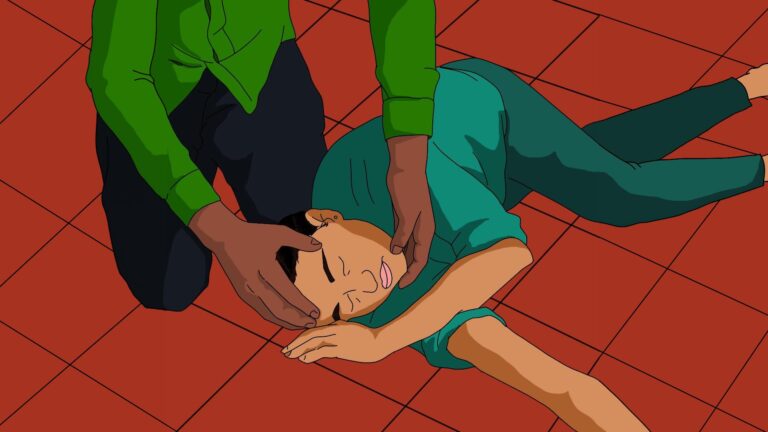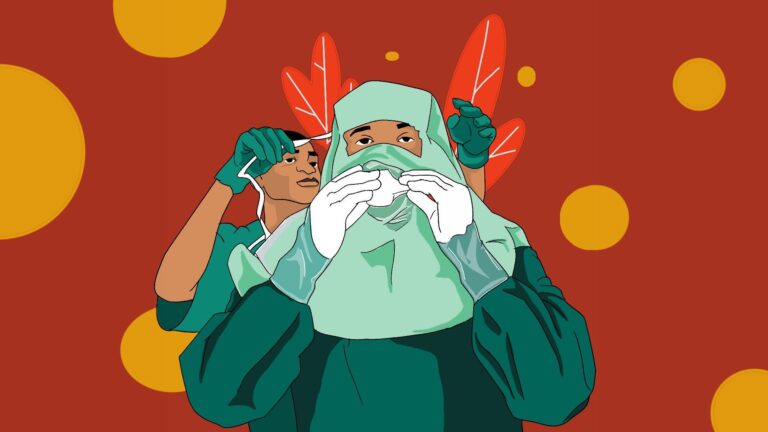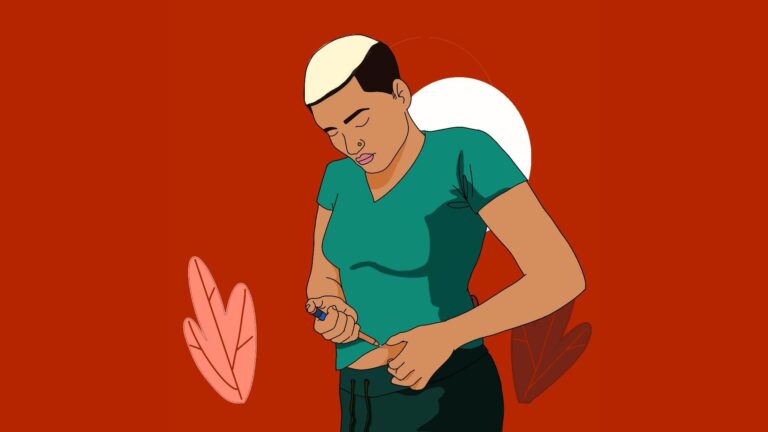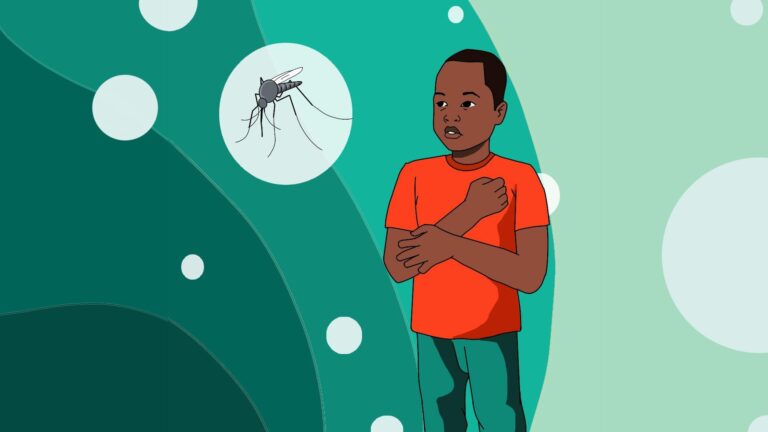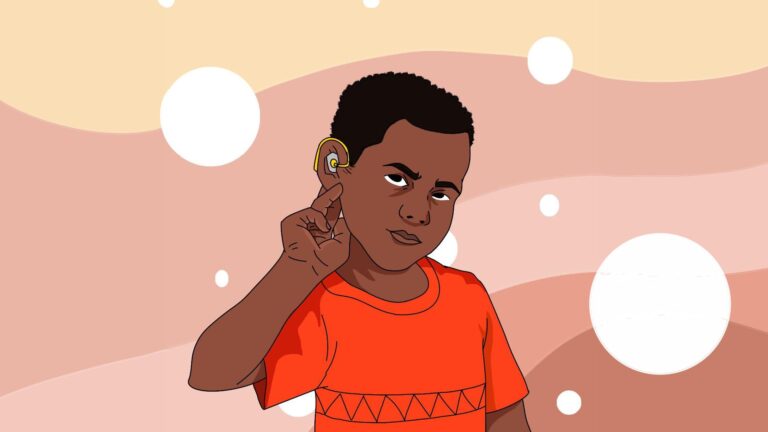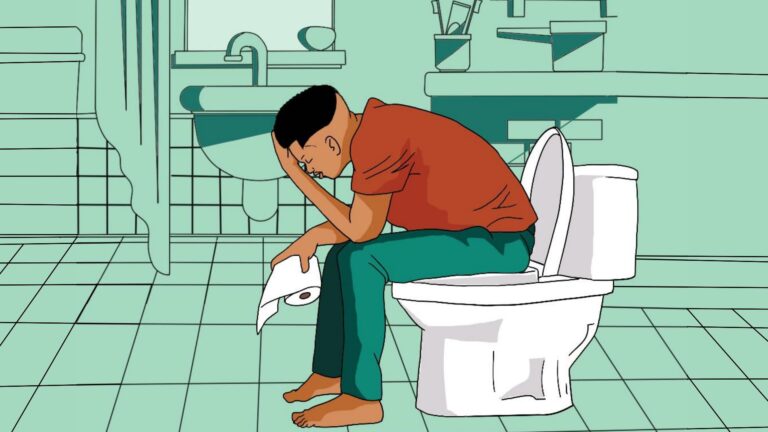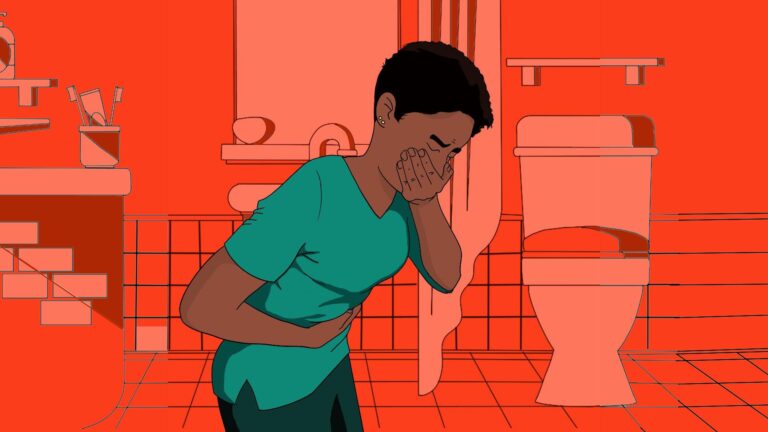Food Poisoning
Food Poisoning What is food poisoning? Food poisoning, also called foodborne illness, happens when a person eats food that is contaminated, spoiled, or toxic. This can happen due to bacteria, viruses, or parasites in food. In Africa, food poisoning is common, especially when food is not handled or stored properly. How common is food poisoning…


